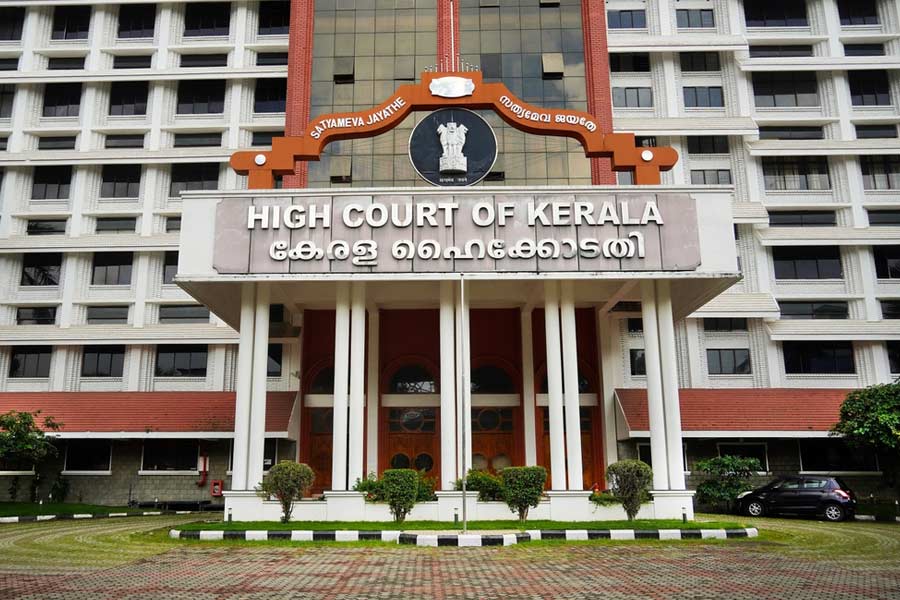Jahanvi Agarwal
On 25th December 2024 has sent shockwaves as the Additional District Judge of Kozhikode, M. Suhaib, has been suspended following allegations of his misconduct towards a female office assistant. The suspension was ordered by the High Court Administrative Committee, which is chaired by the Chief Justice Nitin Madhukar Jamdar, after a thorough review of the present matter. The alleged incident involved behaviour that outraged the modesty of the woman and sparked widespread outrage among court employees.
Initially, Judge Suhaib was transferred to Vadakara, his hometown, as an immediate response to the incident. However, this decision faced strong resistance, even among court officials, who opposed the transfer given the gravity of the allegations. Acting on a detailed report submitted by the Principal District Judge of Kozhikode, the High Court Administrative Committee decided to take more stringent action. He also has been directed to hand over his duties immediately to Biju V G, who currently serves as the Special Judge (NDPS Act Cases) and Additional District Judge in Vadakara. The committee concluded that Suhaib’s conduct warranted suspension to uphold the integrity of the judiciary.
Interestingly, the High Court initiated proceedings against Suhaib despite the absence of a formal complaint from the woman involved. This decision was grounded in a precedent set by the High Court, which allows for action to be taken in cases involving the harassment or insult of women, even without a formal grievance. The Chief Justice-led meeting recognized the importance of addressing such allegations to maintain public confidence in the judiciary. As observed during the deliberations, “The alleged incident tarnished the reputation of the judiciary and undermined the principles of justice it stands for.”
The incident prompted an overwhelming response from court employees in Kozhikode, with over a hundred staff members lodging a direct protest with the Principal District Sessions Judge. A significant majority of these protesters were women, demonstrating solidarity with the victim and demanding accountability. The gravity of the situation was underscored by the fact that the alleged misbehaviour occurred within the courtroom premises, a space traditionally regarded as sacrosanct and a bastion of justice.
One of the protesting employees expressed their collective dismay, stating, “Such behaviour is not only unacceptable but also undermines the credibility of the judicial system. We expect those in positions of authority to lead by example, not to act in ways that bring disgrace.”
This incident has ignited broader discussions about accountability within the judiciary, particularly regarding the conduct of judicial officers. By taking decisive action in this matter, the High Court has reinforced its commitment to upholding ethical standards and addressing misconduct without hesitation. However, the shockwaves from this case continue to ripple through the legal fraternity, with many calling for systemic reforms to prevent similar incidents in the future.

